When I die, I hope to go to Heaven, whatever the Hell that is
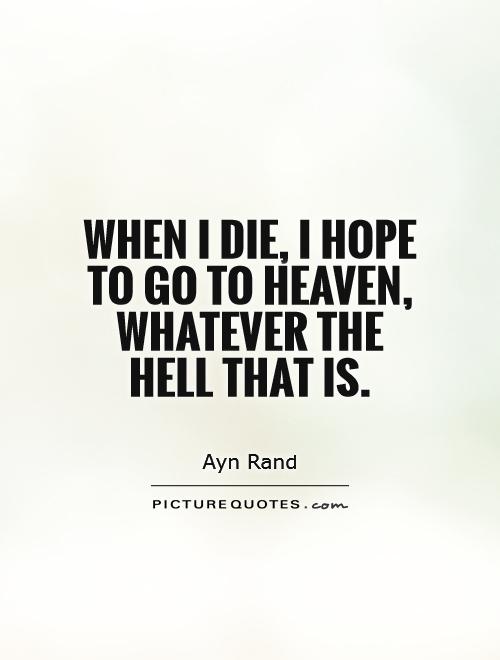
When I die, I hope to go to Heaven, whatever the Hell that is
Ayn Rand, the influential philosopher and novelist, is known for her staunch advocacy of individualism, rational self-interest, and capitalism. Her works, such as "Atlas Shrugged" and "The Fountainhead," have sparked intense debate and controversy over the years. One of the central themes in Rand's philosophy is the rejection of altruism and the prioritization of one's own happiness and well-being above all else.In the context of the quote "When I die, I hope to go to Heaven, whatever the Hell that is," it can be interpreted as a reflection of Rand's skepticism towards traditional religious beliefs and concepts of an afterlife. Rand was a staunch atheist and believed that religion was a form of irrationality that hindered individual freedom and autonomy. The idea of Heaven, as a place of eternal bliss and reward for the righteous, would likely be seen by Rand as a fantasy that distracts individuals from living their lives to the fullest and pursuing their own self-interest.
For Rand, the concept of Heaven would be antithetical to her philosophy of Objectivism, which emphasizes reason, individualism, and the pursuit of one's own happiness. In Rand's view, the idea of an afterlife where one is judged and rewarded based on their adherence to religious doctrine would be seen as a form of collectivism and a denial of the individual's right to live for themselves.
Instead of hoping for a heavenly reward in the afterlife, Rand would likely encourage individuals to focus on living their lives to the fullest, pursuing their own goals and ambitions, and embracing their own values and desires. For Rand, the only "Heaven" worth striving for would be one that is created by the individual through their own efforts and achievements, rather than relying on external sources of validation or reward.

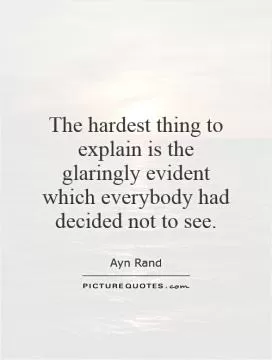

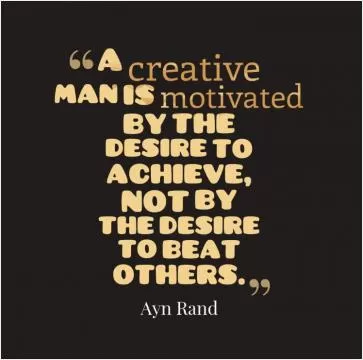
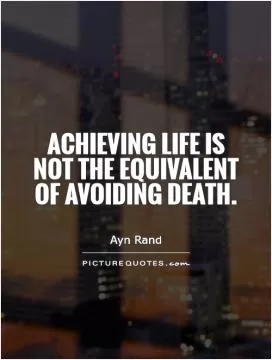
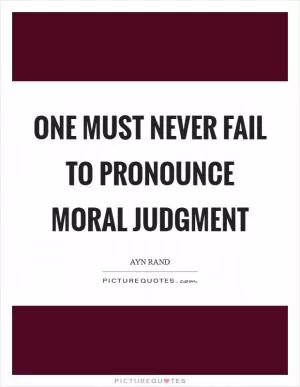

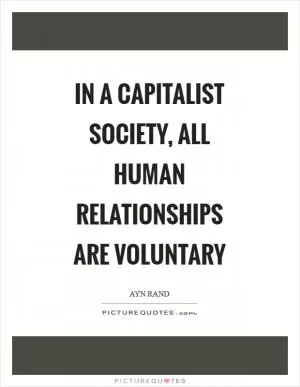

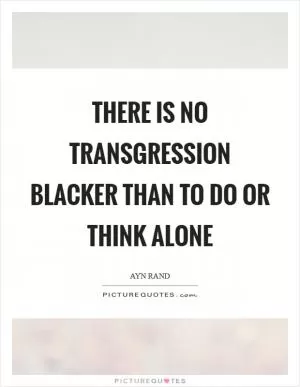

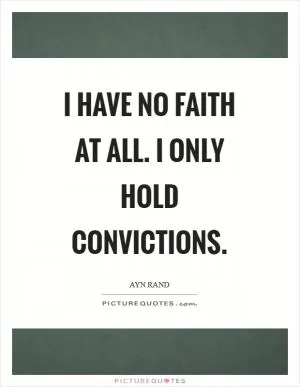
 Friendship Quotes
Friendship Quotes Love Quotes
Love Quotes Life Quotes
Life Quotes Funny Quotes
Funny Quotes Motivational Quotes
Motivational Quotes Inspirational Quotes
Inspirational Quotes